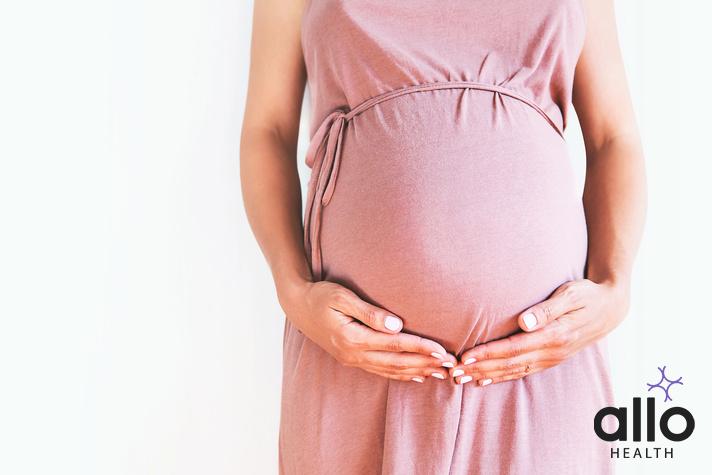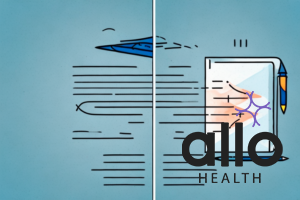Pregnancy After Ejaculation

Yes, it is possible to get pregnant even if ejaculation occurred earlier during intercourse. Sperm can survive for several days in the female reproductive tract, increasing the chances of fertilization if ovulation occurs within that timeframe. Using a condom or other forms of contraception consistently and correctly is crucial to prevent unintended pregnancies. While irregular periods can make tracking ovulation challenging, it’s essential to remember that ovulation can still happen unpredictably.

When semen is ejaculated, it contains millions of sperm cells that can fertilize an egg if they reach it during ovulation. Even after ejaculation and subsequent rounds of intercourse, sperm can still be present in the urethra and seminal vesicles, which may be released during subsequent ejaculations. This means that each round of unprotected intercourse carries a risk of pregnancy.
To better understand your fertility cycle and ovulation patterns, tracking methods such as basal body temperature charting, ovulation predictor kits, or cervical mucus monitoring can provide insights into the most fertile days. If pregnancy is not desired, using barrier methods like condoms or hormonal contraceptives consistently is recommended.
Yes, pregnancy is possible even after ejaculation, as sperm can survive for days in the body. Using contraception consistently is key to preventing pregnancy.






